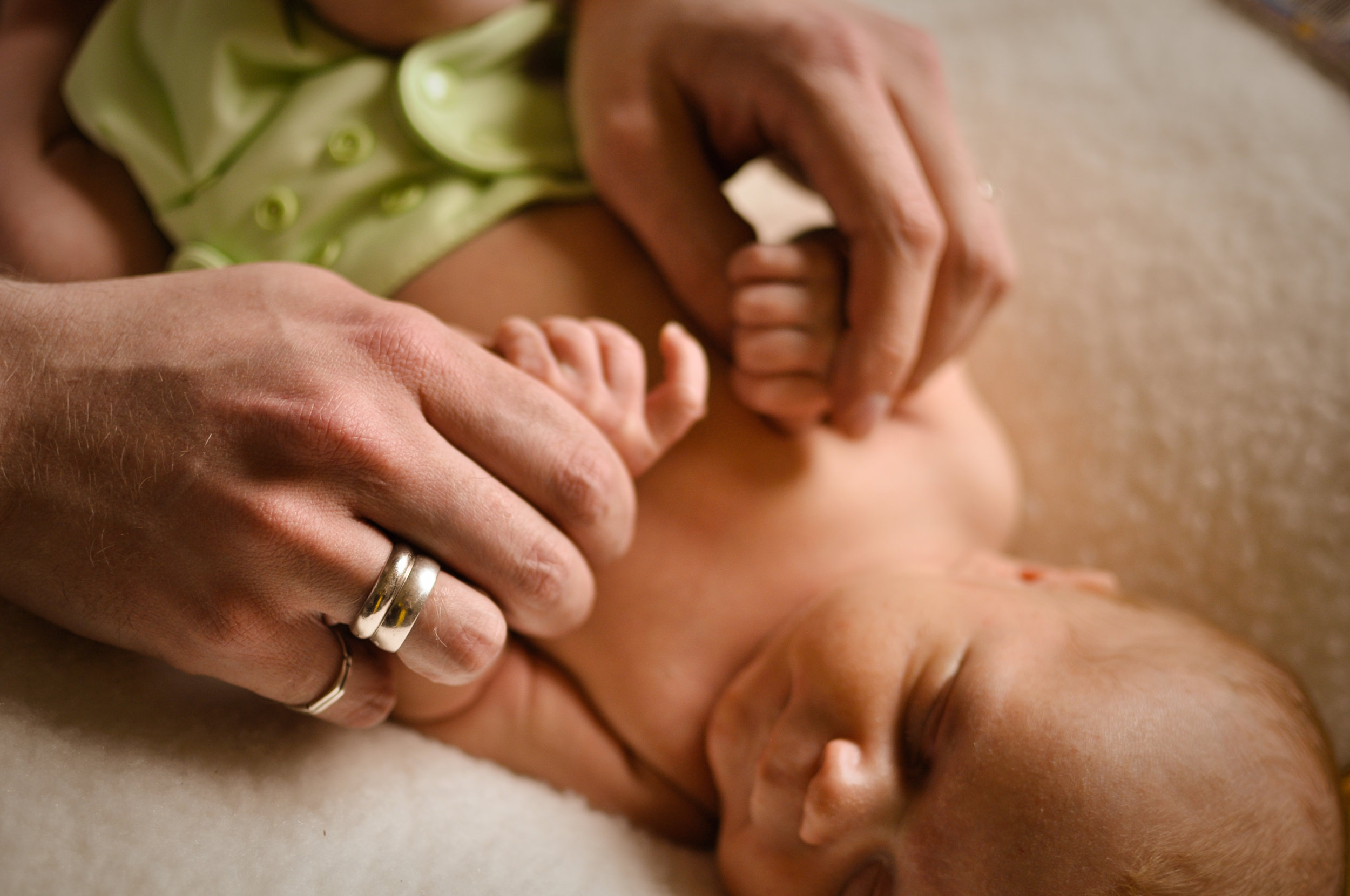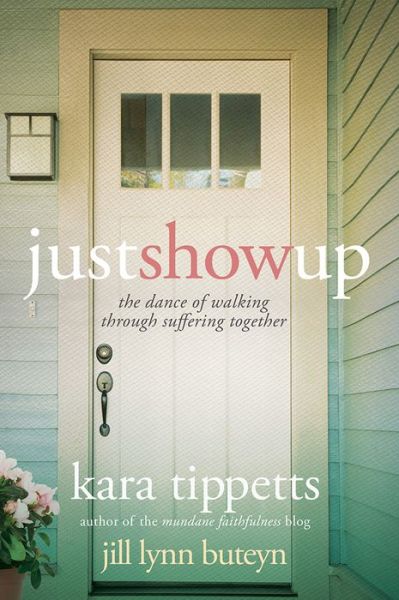“Trust in him at all times, O people;
pour out your heart before him;
God is a refuge for us.”
As always, once we got to the sidewalk, the children let go of my hands and ran ahead: Von to open the door for us, and Ann to “sign in.” I walked past my little man. Thank you, sweet boy. I took the pen out of Ann’s tiny hand, and as I bent to actually sign us in as guests, both my littles ran ahead to Marmee’s apartment.
When I caught up with them, they were standing perplexed in the kitchenette. Marmee, my 94-year-old grandmother, was asleep in her wheelchair. The children’s excited hubbub hadn’t wakened her. She must have had a rough night, I thought. We started taking off coats—layer after layer, as the outside temperatures were in the single digits and the temperature in Marmee’s apartment was toasty, over 70.
Von and Ann set to their routine—taking out Grandpa’s polished rocks to use for various purposes: money, birthday cupcakes, ladybugs, sugar cubes…whatever their game required. After a minute or two, their chatter and laughter awoke Marmee, and she delighted to greet her great littles, who adore her. She confirmed she hadn’t slept well the night before, and after a few minutes of chatting, she fell back to sleep, finding relief from the aches and pains of arthritis.
I sighed and sat back. A nurse came by to check on Marmee, the cleaning crew did their thing, and still, Marmee slept. I reached out and put my hand on her arm, wondering if she could sense my presence, even in her sleep.
And then I wondered, Should we go? How long do we stay? Will she be sad if she wakes up and we are gone?
Eventually, we did go, leaving the treats we brought her on her table in hopes that she would remember our visit. But I couldn’t stop thinking about that time with her for the rest of the day.
I wondered if our visit had been a waste. I thought better of that and wondered if I had just wasted our time there. I tried to think of things I could have busied myself doing in Marmee’s small apartment, but I didn’t get very far—she lives a modest life and is well cared for; there was no task to keep me busy. I wondered if I had wasted an opportunity with the children to teach how to engage in such a situation and express love and nurture. Yet what could we have done as she slept?
As I was rolling these things over in my head, the idea of holding space came to mind. I first learned of this concept about a year ago when a friend posted a link to an article about it; the concept resonated with me and the time spent at Kara’s in her last days, whether I was sitting by her bedside as she slept or sitting with Mickey by the fireplace while Kara rested upstairs. My heart craved that time just being near to her, even if no words were spoken. The article I read explained that what I was doing was holding space.
Holding space is providing shelter for another to simply be, to offer safety for the vulnerability of someone fulfilling the purpose of their heart. Whether that purpose is teaching, nursing, raising children, creating, grieving, pursuing, waiting, fighting, dying, or sleeping. Holding space is the steadiness of presence expressed in unconditional love and devotion. Holding space is providing a shelter of peace, hope, and steadfastness.
I realized that Von, Ann, and I hadn’t wasted our 2 hours with Marmee. I didn’t need to plan for the possibility of Marmee sleeping through a future visit. I didn’t need to make the next time a production of a teaching moment. All I needed to do was more of the same, and in doing so, my children will continue to learn what that means and looks like, what it means to engage, even so quietly, someone they love by holding space.
I love this idea of holding space, but I’m seeing that I need to be more intentional about it. When my husband comes home after an exhausting day at work, how can I hold space for him? How can I intentionally offer shelter for him to process his day, unwind, enjoy his evening? When my children are playing at my feet throughout the week, how can I intentionally express safety and warmth and freedom for them? How can I encourage them to be themselves and express their little hearts? When I am sitting with my community of women, talking about life, how can I intentionally create a respite from this broken world that calms hearts and enables deep breaths?
A sweet example of holding space that my heart reminds me of is when my son was in the NICU. His birth was traumatic, and he had been transferred to a different hospital before I could hold him or even lay one kiss on him. I got to him as soon as I could; there I sat, day after day, in that small, dark cubical, helpless to fix him. In between blood draws and tests, he slept. Eventually, we were allowed to hold him and I was encouraged to nurse him, but for the most part, our time was spent simply sitting next to him, counting his breaths, praying over his tiny body. Knowing he recognized and responded to our voices, we sang and spoke and prayed out loud, communicating our love for him, the safety he had with us. In fact, nothing was more important to me than Von knowing he was safe. We were holding space, providing shelter.
And yet I have to say that without the excruciating night he was born, I’m not sure I would have been able to do this for my son. You see, when the hospital staff whisked him away to the other hospital, my husband went with him. And eventually my midwife and doula left as well to go home to their families. I was alone.
Nothing in that place was right. The machines that had monitored my belly the previous night now seemed horribly quiet, reminding me of the absence of my child. I heard other mamas yelling and crying out as they brought forth their own babies into life.
My baby was born, yet I lay in the hospital bed empty-armed. My husband was at another hospital, watching a team of doctors and nurses perform heart-wrenching procedures on our son’s tiny body. Aaron was too preoccupied to text or call, and I didn’t want him to. I wanted to believe that no news was good news. And I was grateful that Aaron could be with our baby—I knew he was fully present for our son.
Unable to sleep, the pain and tears and turmoil overwhelming me, I prayed to God like I never had before; I took shelter in his love and faithfulness, and in that moment, the hardest of my life, his grace met me. I meditated on the past months, the joy of carrying my baby, providing shelter to Von each of those miraculous days.
God was my refuge; God was my safety and peace and hope. God was my space holder. God was my grace. The calm that washed over my heart came with truths of God’s love, his goodness, his kindness, and his sovereignty. I knew I could rest in him—who he is and what he has promised. He reminded me that he will someday make all of our deepest pains come undone. And he reminded me that I wasn’t actually alone; God never leaves or forsakes his children.
The more I understand and experience this truth, the more I can live it out to others—my love can be a simple, though poor, reflection of God’s love. Holding space for others can be a tiny taste of what we experience in Christ and what is to come. Providing shelter is a labor of love, a work of redemption in this broken world.
Who has held space for you? When was a time you needed someone to hold space for you? For whom can you provide shelter? How can you be intentional about this for someone else? In what ways are you equipped to hold space for someone because of how God has been a refuge for you? How has God’s grace met you in a hard season by providing shelter? What did that shelter look like for you?




